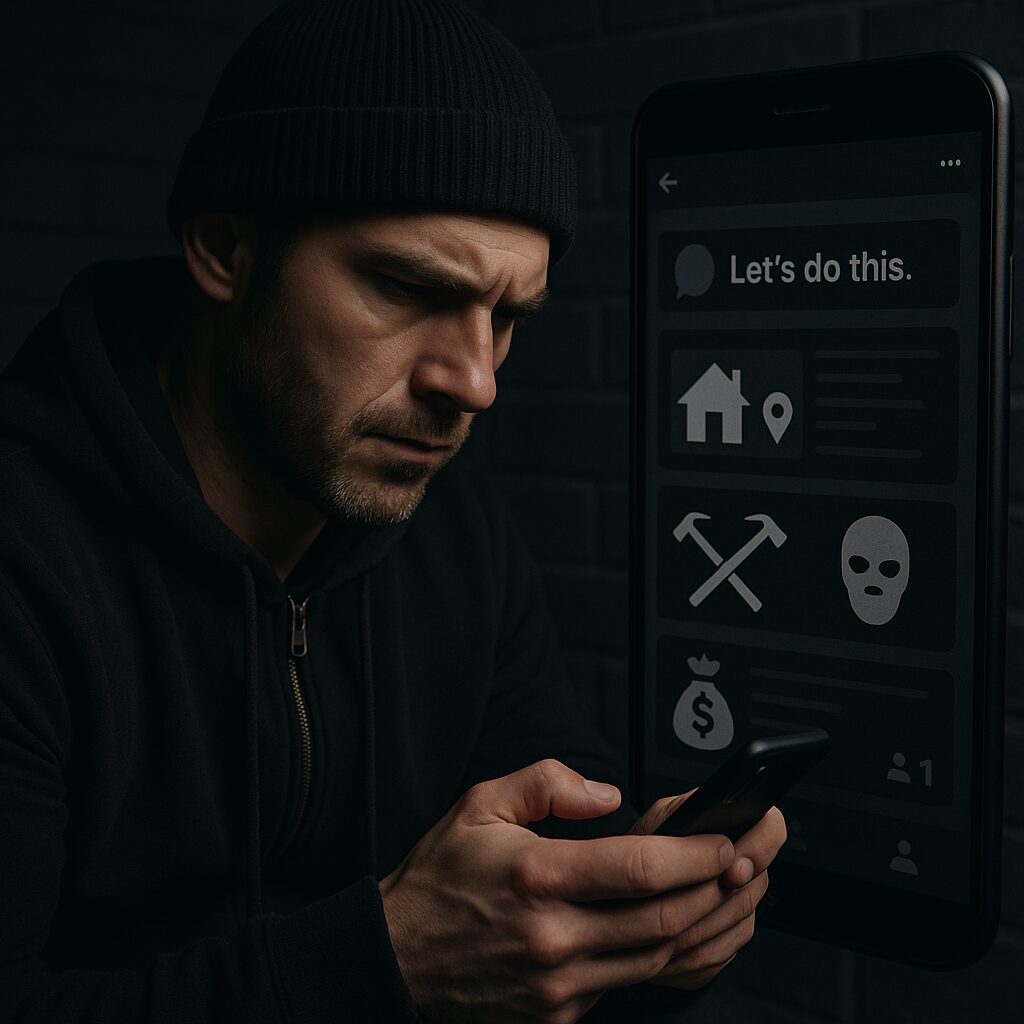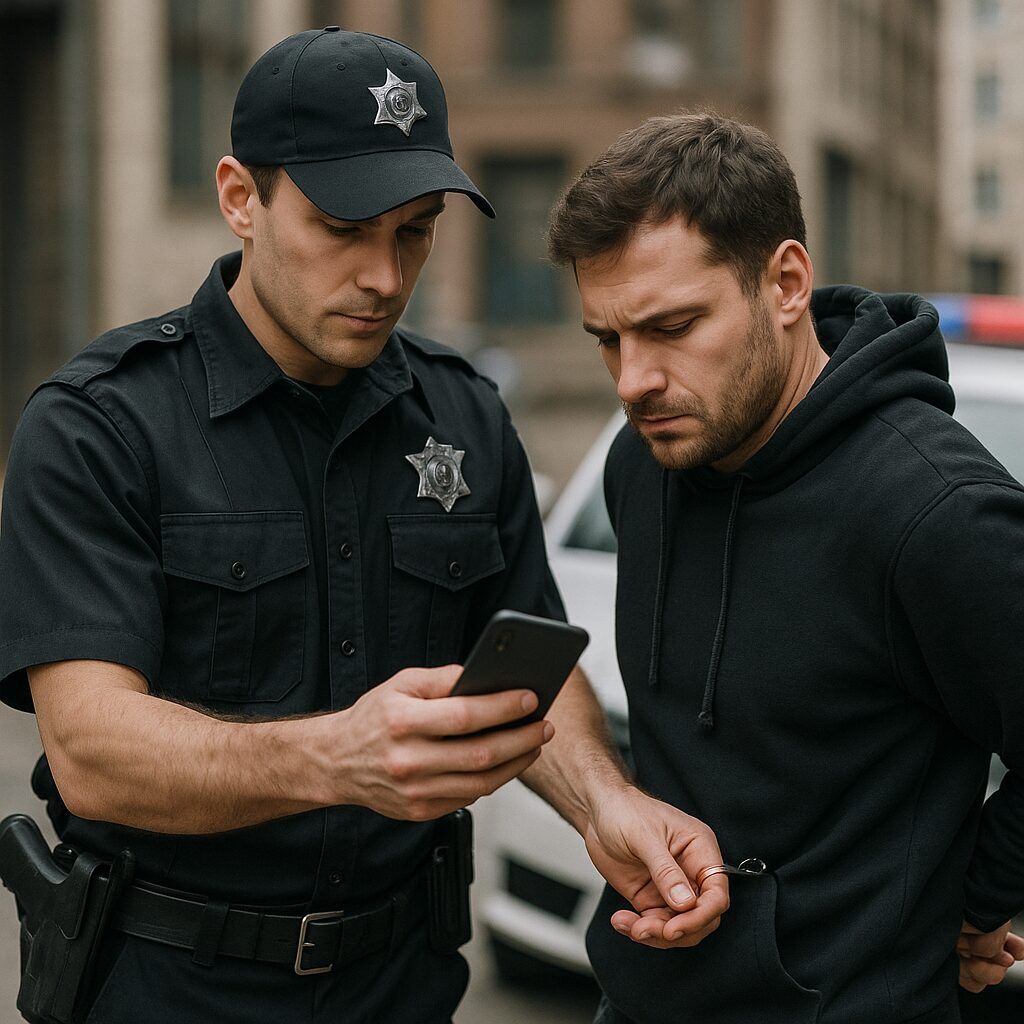
Why Social Media Investigations?
In today’s world, social media is an integral part of our daily lives, with platforms like Facebook, Instagram, Snapchat, CashApp, Venmo, and Life360 connecting people and communities around the globe.
Criminals also take advantage of these platforms to plan organized criminal activity, sell stolen property, sell firearms and narcotics, exploit minors, and more. Not only can we use social media to collect evidence related to crimes we are investigating, we can use social media to locate wanted person(s) and identify co-conspirators and valuable intelligence.
That’s why it’s so important for law enforcement to stay current with social media investigations: Learning to effectively author legal process to gather evidence, analyze data productions, and build cases using these digital footprints.
COURSE OVERVIEW
This course is offered as a 1-Day (8 hour) or 2-Day (16 hour) course, although the two day course is strongly recommended based on the amount of material that can be covered. This course is tailored to be applicable to investigators assigned to work any type of investigation: Examples include sex crimes, homicide, robbery, burglary, gang crimes, and narcotics and firearms trafficking. Even Fish & Game wardens have found it useful!
Students will learn about various social media platforms and how to effectively write legal process to them. Students will learn how to research social media platforms and establish their training and experience. Students will review real social media platform data productions from Meta (Facebook / Instagram), Snapchat, and more.
More importantly, this class is practical. Students will get “hands on” with social media data productions, searching for evidence in scenarios. Students will learn about the metadata produced by social media. Students will explore social media pen registers and how to find fugitives or place a suspect at a crime scene. Students will hear and explore numerous case studies on how social media was an effective investigative tool for making cases.
Unlike any other social media class, investigators will learn how to document social media evidence in reports, present it to prosecutors, and testify to it in hearings and jury trials.
KEY TOPICS


